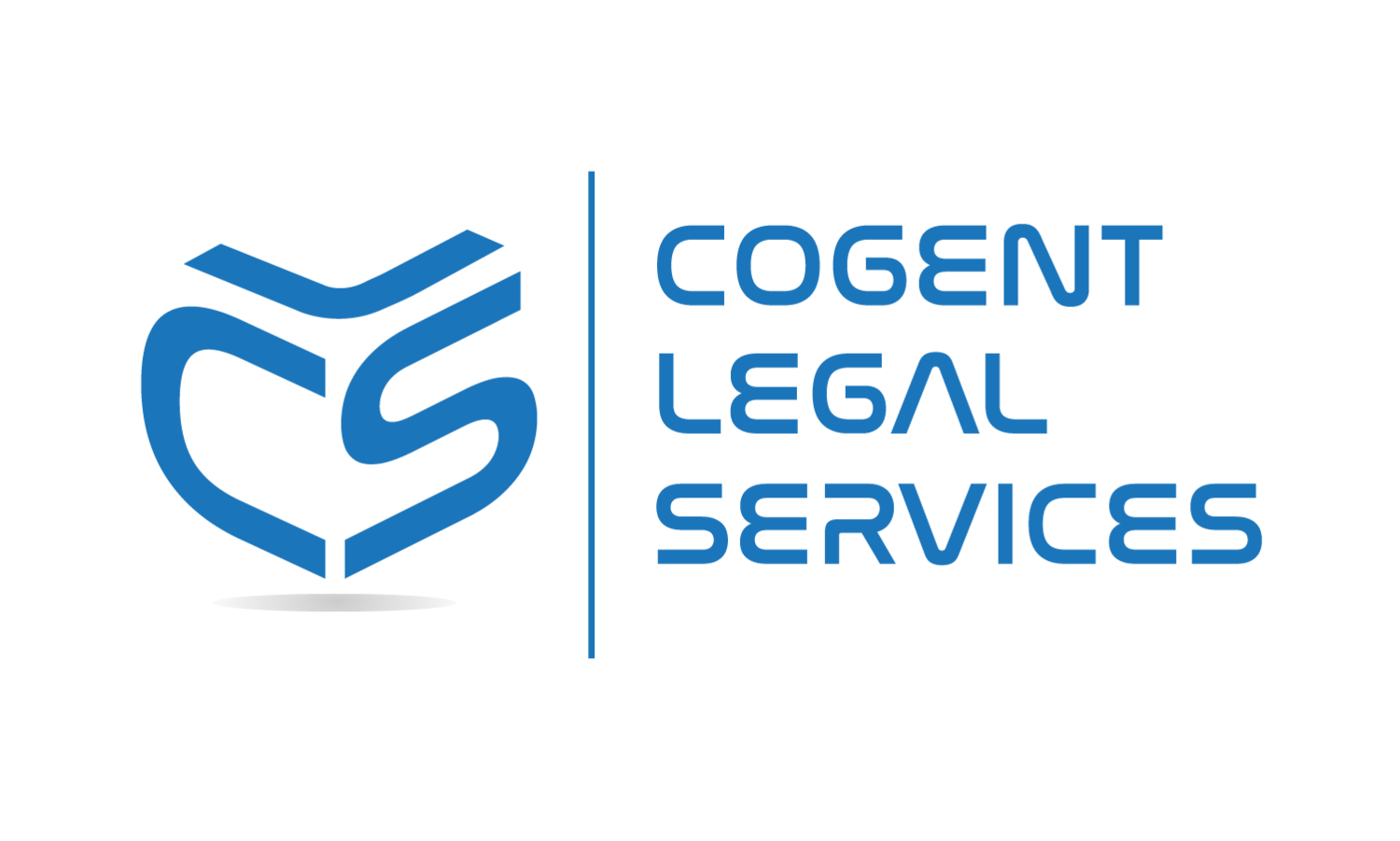
How Court Reporters Can Seamlessly Transition to Legal Transcription
Explore how seasoned court reporters can seamlessly transition into the growing field of legal transcription. Leverage your shorthand skills and familiarity with legal jargon to tap into new opportunities. Discover solutions to common challenges like mastering software and ensuring a productive workspace. Legal transcription offers flexibility, an expanding client base, and lucrative possibilities for diversification. Don't miss out on this untapped potential.

Gain the Upper Hand in Your Case with an Expert Miami Court Reporter
Discover the vital role an expert Miami court reporter plays in your legal journey. Learn why their skill and local know-how could make a game-changing difference in your case outcome.

Understanding the Differences Between Legal Transcription and Court Reporting
Legal transcription and court reporting play vital roles in providing accurate transcripts for legal proceedings. Legal transcription involves converting audio or video recordings into written transcripts, covering various legal procedures. Court reporting, on the other hand, entails creating a verbatim record of spoken words during live proceedings, producing certified transcripts. The key differences lie in the materials they work with, training requirements, and work settings. While legal transcribers handle recorded materials remotely, court reporters document real-time events in court. At Cogent Legal Services, we offer top-notch legal transcription and court reporting services, ensuring reliable and precise transcripts for our clients' legal proceedings.
